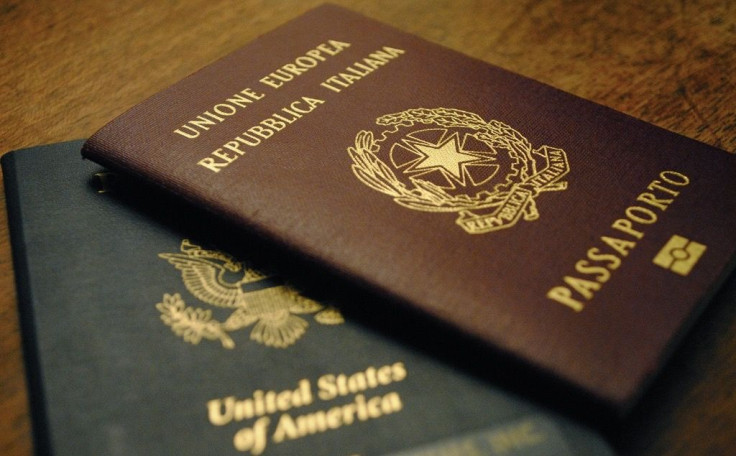Move To Canada? Record Number Of Americans Renounced US Citizenship In 2016 Because Of Taxes

A record number of Americans renounced their U.S. citizenship in 2016, according to data published online by the Internal Revenue Service Thursday. In 2016, more than 5,411 people renounced their U.S. citizenship, a 26 percent jump over 2015. Last year was the fourth year in a row that the figure hit a record high. In the last quarter of 2016 alone, more than 2,300 people expatriated, U.S. News & World Report reported.
Experts have connected the increasing number of people renouncing their citizenship to U.S. tax policy. The U.S. is one of a few countries that require citizens to pay taxes on their income no matter where in the world they reside or what company employs them. This results in double taxation for U.S. citizens living abroad -- they are taxed once by the U.S., and taxed again by the country they reside in.
The Foreign Act Tax Compliance Act was passed as part of a jobs stimulus bill in 2010 to strengthen compliance with U.S. tax policy and ensure citizens hiding assets abroad were properly taxed. FATCA requires foreign financial Institutions to report on assets held by U.S. citizens. Prior to the act, the number of expatriations were significantly lower. In 2008, just 231 U.S. citizens renounced their citizenship. That number increased to 742 in 2009, and then more than doubled to 1,534 in 2010.
U.K. Foreign Minister Boris Johnson was one of the thousands of U.S. citizens to renounce his citizenship in 2016, the Guardian reported. Johnson was born in the U.S. and had dual citizenship until this year. He has spoken out about U.S. tax policy in the past, calling the IRS's request that he pay tax on a sale of his north London home "absolutely outrageous." Johnson hasn't lived in the U.S. since he was five years old.
© Copyright IBTimes 2024. All rights reserved.












